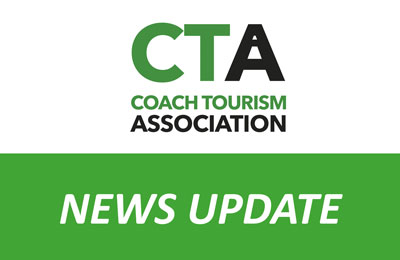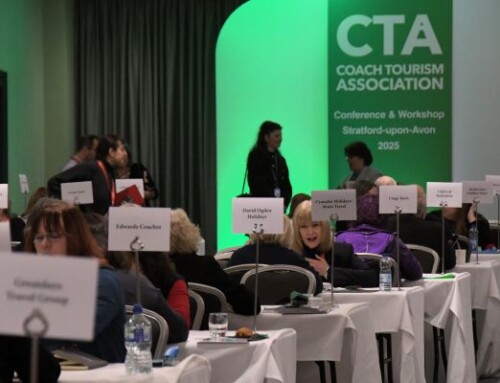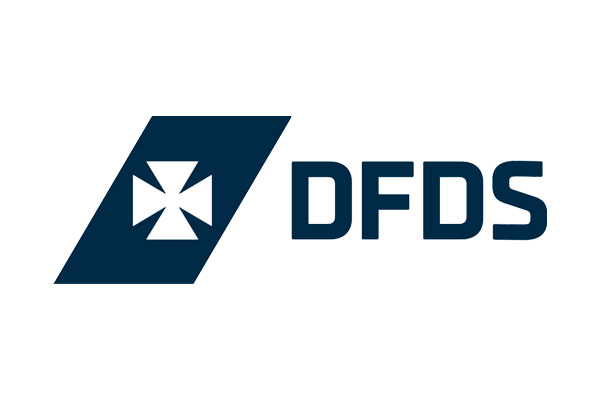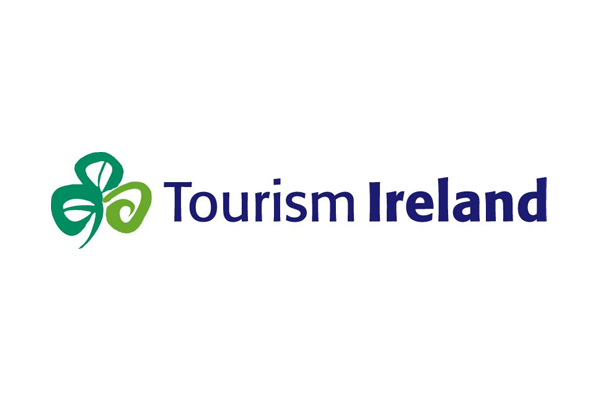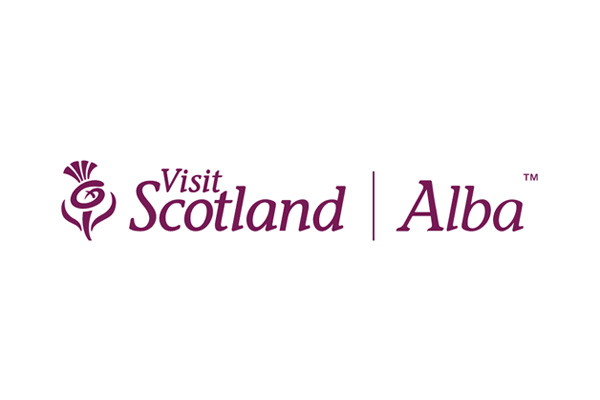Here are some key points and highlights from yesterday’s Budget (3 March):
Here is a budget briefing from Elman Wall.
Budget update from Tourism Alliance:
General Economic Status
- 700,000 people have lost their jobs, the economy shrank by almost 10% last year
- OBR forecast is for GDP to grow 4% this year, then by 7.3% in 2022, and then 1.7%, 1.6% and 1.7% in the last three years of the forecast
- Unemployment predicted to peak at 6.5%
- The government is borrowing 17% of GDP this year
- Next year borrowing will be 10.3% of GDP
Coronavirus Support
VAT
- 5% rate extended for another six months followed by a 12.5% rate for a further six months
Business Rates
- 100% businesses rates holiday until June, followed by a two-thirds discount for the rest of the year.
- The discount is being capped at £2 million per business for properties that were required to be closed on 5 January 2021, or £105,000 per business for other eligible properties.
- The government will legislate to ensure that the business rates relief repayments that have been made by certain businesses are deductible for corporation tax and income tax purposes.
Furlough
- To be extended until the end of September at the 80% rate until July
- From July, the government will introduce an employer contribution towards the cost of unworked hours of 10% in July, 20% in August and 20% in September,
Restart Grants
- Non-essential retail businesses will receive grants of up to £6,000 per premises.
- Hospitality and leisure businesses will get grants of up to £18,000.
ARG
- An additional £425 million of discretionary business grant funding, on top of the £1.6 billion already allocated.
SEISS
- People whose turnover has fallen by 30% or more will continue to receive the full 80% grant.
- People whose turnover has fallen by the left the 30% will therefore have less need of taxpayer support, and will receive a 30% grant.
- The 4th grant will cover February to April, worth 80% of average trading profits up to £7,500.
- A 5th grant will be available from July.
Recovery Loan Scheme
- From 6 April 2021 the Recovery Loan Scheme will provide lenders with a guarantee of 80% on eligible loans between £25,000 and £10 million
- The scheme will be open to all businesses, including those who have already received support under the existing COVID-19 guaranteed loan schemes
Support For Airports
- The government is renewing the Airports and Ground Operations Support Scheme for a further six months from the start of 2021-22. This will provide support for eligible businesses in England up to the equivalent of half of their business rates liabilities during 2021-22, subject to certain conditions and a cap per claimant of £4 million
Extend Zoo Animals Fund
- The government will extend the Zoo Animals Fund for a further three months until 30 June 2021.
Culture Recovery Fund
- The government will provide a further £300 million to extend the Culture Recovery Fund
National Museums and Cultural Bodies
- The government will provide £90 million for continued support for government-sponsored National Museums and cultural bodies in England.
Other Policies
Extended Loss Carry Back
- The trading loss carry-back rule will be temporarily extended from the existing one year to three years. This will be available for both incorporated and unincorporated businesses.
- Unincorporated businesses and companies that are not members of a corporate group will be able to obtain relief for up to £2 million of losses in each of 2020-21 and 2021-22
- Companies that are members of a corporate group will be able to obtain relief for up to £200,000 of losses in each of 2020-21 and 2021-22 without any group limitations
- Companies that are members of a corporate group will be able to obtain relief for up to £2 million of losses in each of 2020-21 and 2021-22, but subject to a £2 million cap across the group as a whole
Contactless Payment
- From today, the maximum amount that can be paid through contactless payment will be raised from £45 to £100
Apprenticeships
- Employers who provide trainees with work experience will continue to be funded at a rate of £1,000 per trainee.
- Employers who hire a new apprentice between 1 April 2021 and 30 September 2021 will receive £3,000 per new hire
Corporation Tax Rate
- This will increase to 25% on April 2023
- A Small Profits Rate of 19% will apply to businesses with a profit of over £50,000
- There will be a tapered rate between profits of £50,000 and £250,000
Super Investment Tax Deduction
- To encourage investment, from 1 April 2021 until 31 March 2023, companies investing in qualifying new plant and machinery assets will benefit from a 130% first-year capital allowance. This upfront super-deduction will allow companies to cut their tax bill by up to 25p for every £1 they invest,
Air Passenger Duty
- APD rates will increase in line with RPI from April 2022
Alcohol Duty
- No increases this year
Fuel Duty
- No increases this year
Gaming Duty
- The government will legislate in Finance Bill 2021 to raise the Gross Gaming Yield bandings for gaming duty in line with RPI.
Infrastructure Bank
- A UK Infrastructure Bank will be established in Leeds with £12bn.
Freeports Announced
- Eight Freeports announced. They will be in East Midlands Airport, Liverpool, Felixstowe, Humber, Plymouth, Thames, Teesside, and Solent
Levelling Up Fund
- The government is launching the prospectus for the £4.8 billion Levelling Up Fund today.
- The Fund will invest in infrastructure, including town centre and high street regeneration, local transport projects, and cultural and heritage assets
Community Ownership Fund
- a £150m fund will be set up to allow communities to take ownership of pubs, theatres, shops or sports clubs at risk of closure.
Community Renewal Fund
- The government is launching the prospectus for the £220 million UK Community Renewal Fun.
Help to Grow: Management
- The government will offer a new UK-wide management programme to upskill 30,000 SMEs in the UK over three years. The programme will be over 12 weeks, and 90% subsidised by government.
Build Back Better
The Government has published its Build Back Better strategy for rebuilding the UK economy. It contains six key themes:
- Infrastructure
- Skills
- Innovation
- Levelling Up
- Net Zero
- Global Britain
Recovery Loans
The outline guidance on the new Recovery Loans that were announced today have been published. Term loans and overdrafts will be available between £25,001 and £10 million per business.
Invoice finance and asset finance will be available between £1,000 and £10 million per business.
Finance terms are up to six years for term loans and asset finance facilities. For overdrafts and invoice finance facilities, terms will be up to three years. No personal guarantees will be taken on facilities up to £250,000, and a borrower’s principal private residence cannot be taken as security.
https://www.gov.uk/guidance/recovery-loan-scheme
Super-Deduction Guidance
From 1 April 2021 until 31 March 2023, companies investing in qualifying new plant and machinery assets will be able to claim:
- a 130% super-deduction capital allowance on qualifying plant and machinery investments
- a 50% first-year allowance for qualifying special rate assets
The super-deduction will allow companies to cut their tax bill by up to 25p for every £1 they invest, ensuring the UK capital allowances regime is amongst the world’s most competitive.
https://www.gov.uk/guidance/super-deduction
Three New Funds
The UK government has launched three new investment programmes to support communities right across the country. All share common challenges and opportunities, which the UK government is determined to address in collaboration with local partners. These new investment programmes are:
- The UK Community Renewal Fund
- The Levelling Up Fund
- The Community Ownership Fund
https://www.gov.uk/government/collections/new-levelling-up-and-community-investments
Community Renewal Fund
To help the UK prepare for the introduction of the UK Shared Prosperity Fund, which replaces EU funding programmes, the government is providing £220m in the 2021-22 years through the UK Community Renewal Fund in order to pilot programmes and new approaches ahead of the UK Shared Prosperity Fund. The prospectus for this funding has been published and will prioritise projects that target investment at communities in need in 100 priority places based on an index of economic resilience.
Levelling Up Fund
Second up is the prospectus for the £4.8 billion levelling up fund to support town centre and high street regeneration, local transport projects, and cultural and heritage assets and the priority areas for it’s use.
https://www.gov.uk/government/publications/levelling-up-fund-prospectus
Community Ownership Fund
And finally we have the Community Ownership Fund which will enable community groups to bid for up to £250,000 matched-funding to help them buy or take over local community assets at risk of being lost, to run as community-owned businesses.
https://www.gov.uk/government/publications/community-ownership-fund/community-ownership-fund
CPT update:
CORONAVIRUS JOB RETENTION SCHEME – CHANGES FROM JULY 2021
In the Budget this afternoon (3 March) the Chancellor of the Exchequer announced that the Coronavirus Job Retention Scheme (CJRS) will be extended until 30 September 2021
However there will be some changes to how the scheme operates from July 2021
The level of grant available to employers under CJRS will remain the same until 30 June 2021
From 1 July the level of grant will be reduced and employers will be expected to contribute towards the cost of furloughed employees’ wages
To be eligible to claim the grant employers must continue to pay furloughed employees 80% of their wages, up to a cap of £2,500 per month for the time they spend on furlough
During July the Government will pay 70% of the employees wages up to a cap of £ 2,187.50
Employers will therefore be required to contribute 10% of the employees wages up to a cap of £ 312.50
During both August and September the Government will pay 60% of the employees wages up to a cap of £ 1,875.00
Employers will therefore be required to contribute 20% of the employees wages up to a cap of £ 625.00
Employers will continue to be responsible for paying employer National Insurance contributions and Pension contributions throughout this period
CJRS eligibility from May
For periods from 1 May 2021 onwards, employers can only claim for employees who were employed by them and on their PAYE payroll on 2 March 2021
Therefore a PAYE Real Time Information (RTI) submission to HMRC must have been made between 20 March 2020 and 2 March 2021 for the employee that is being claimed for
Employers can make new claims for employees not previously claimed for through CJRS at any time between now and the end of the scheme as long as they were employed on 2 March
